John Kass
Some lifelines can kill the defenseless
Published July 23, 2006
It was a hot day in Chicago, July hot, beach hot, and on TV, President Bush was vetoing the embryonic stem-cell research bill, arguing that it is immoral to use life to save life.
Journalists dismissed this as politics. And Democrat and Republican politicians, adept at measuring political winds, argued that adult lives were being lost because human embryos weren't being used to find cures for adult disease.
Outside, like I said, it was hot. And I thought about another hot day, almost 40 years ago, the day my father almost drowned in a quarry.
The Wilmington Sportsman's Club was a collection of ugly quarries and strip mines filled with cold water and bass. To South Siders tired of a city roiling and burning and angry in the late 1960s, it was paradise.
You drove southwest for hours, then down a gravel farm road, finally through a row of pine trees. They'd brought in sand for a beach, and blankets were spread, with transistor radios and bottles of suntan oil for a better burn.
There was a cinder-block concession stand, and some 30 yards from shore, beyond the weeds, there was a line of yellow buoys marking a steep drop-off. Past the buoys, there was a raft with diving platforms.
He didn't want us out there. He never learned to swim and was afraid of water. And out there, where he couldn't go, we'd be beyond his protection and control.
I was 12, my brother Peter was 10 and we swam out, defiant, pretending not to hear as he whistled at us the way he whistled at his hunting dogs, a cigarette in hand, stomping white-legged on the sand in his new Bermuda shorts.
We figured he'd give up and leave us be, and we were about to make another dive off the raft when we saw a thrashing past the buoys. A man screaming, his deep voice chopped off by water.
Pete looked at me. We knew it was him. We jumped off the raft and swam fast toward him. When we got there he was going down and as we reached for him he screamed:
"Stay away! Stay away!" And "Leave! Don't get close!" he yelled, dog-paddling, trying to keep his face above water, neck tight, his big butcher's hands cupped, slapping the surface.
We'd never seen him lose control--he'd lost his temper plenty of times but never his control. And this was as frightening as watching him drown. As we treaded water around him, I remember my brother's eyes, how wide they were, our dad cursing us, telling us to "Stay away!" when he had the air.
We circled him and he struggled, his hands working in quick bursts. Finally, he stopped shouting and warning us away. There was no sound at all, except for something from the back of the throat, mouth closed, a high grunting through the nose in the water. His hands were just below the surface, still in the sun, his elbows working but slowly, fluttering, and below him was that long drop to the green bottom.
Peter and I circled around him from the back. We grabbed, pulled and lost hold. His shoulders were slippery with suntan oil. So we grabbed the back of his hair, and pulled and somehow we got him into the shallows.
He sat on the sand in water to his chest and mom came running with our little brother Nick. There was some angry babbling between them, then a hug, and the sound of big breaths being taken. Then he asked us all to go away.
He crawled out of the water to our plaid blanket on the sand, fished inside his street clothes for his Chesterfields, lit one, then moved off and sat down again, smoking, white, his face thinning out, getting long, the way it did when he was angry.
Sitting at a distance, Pete and I didn't know what was more frightening, the prospect of his drowning, or the prospect of his surviving after seeing him that way.
Today, we're told that the use of human life to sustain other, more powerful lives, is a medical right of science, a right demanded by those who can speak and vote and take it from those who can't. Political calculations are made, arguments are offered that make the taking of it seem almost reasonable.
Then I remember my father, desperate to keep us away from him in the deep water, where he might reach out for us and pull us down with him at the end. He knew life was capable of anything to survive. That's what he'd been terrified of. Not of drowning himself, as much as what he might have done to his young in panic.
Yet now, as a culture, we're not afraid of that, are we? We wait for the president to move on, waiting for modern scientific reason to eventually triumph over the old morality.
But we should worry about the psychic cost of it, as we grow older, facing death and disease, as we grow desperate, reaching for those embryos to keep us from drowning, and by scientific proxy, devour the life inside them to sustain our own.
Back then, on that hot afternoon, we rode back home in silence, in the big Chrysler with the push-button transmission, listening to a ballgame on the radio. We never talked about what happened.
And we never returned.
----------
jskass@tribune.com
Source
Free registration required


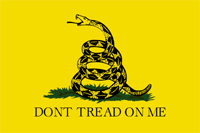
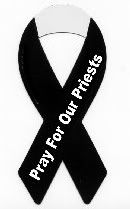


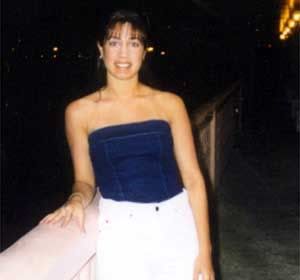



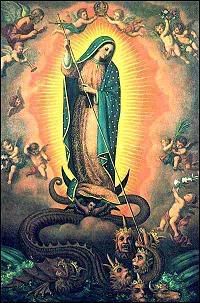




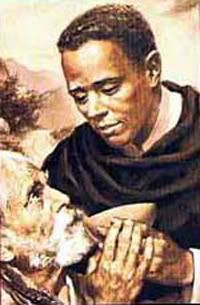




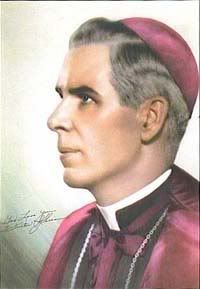
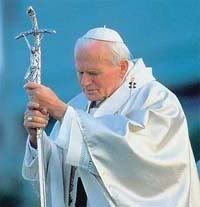
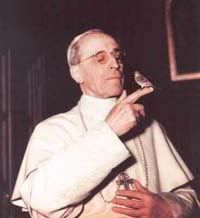
1 comment:
That is a very powerful analogy. BTW, I could almost feel the father drowning.
Post a Comment